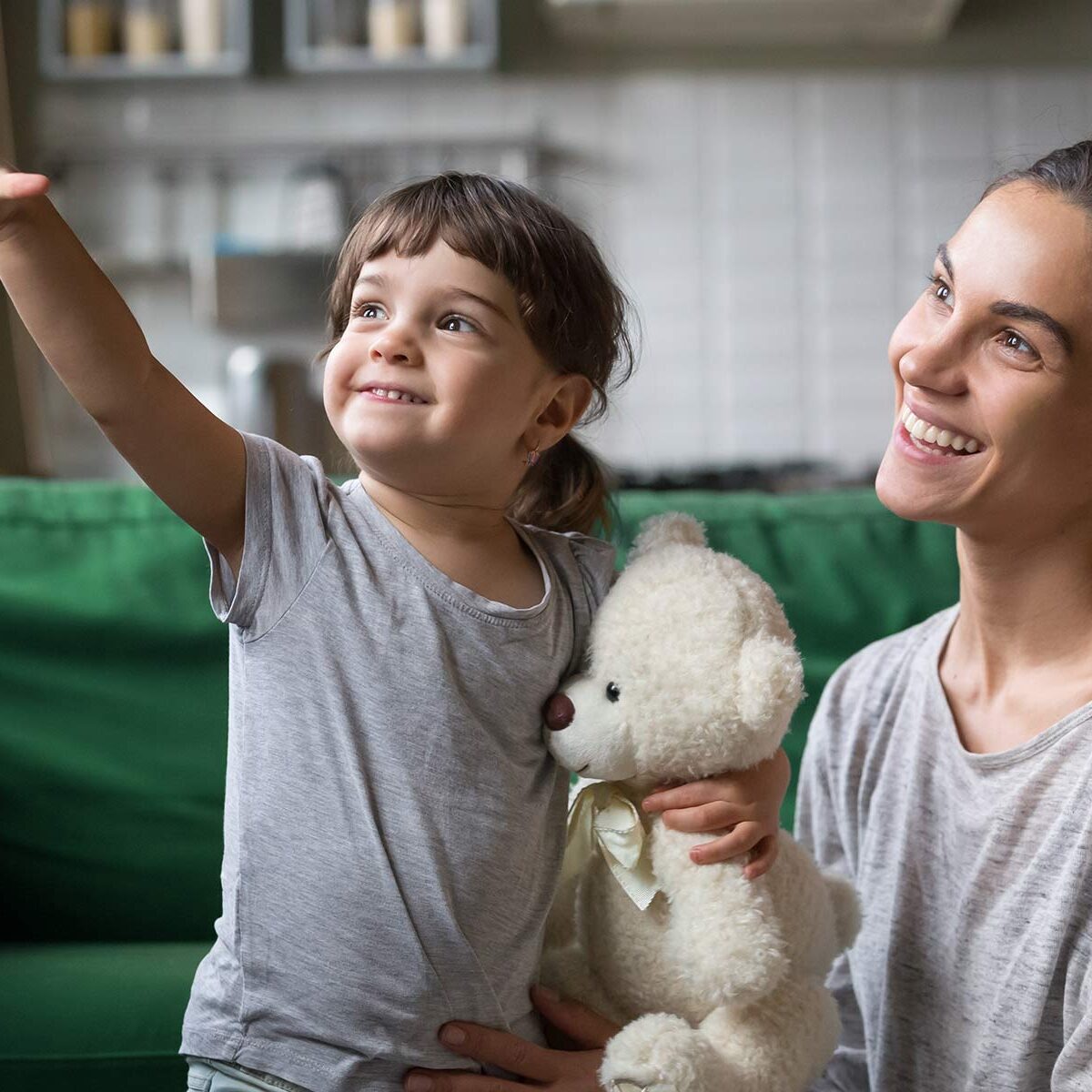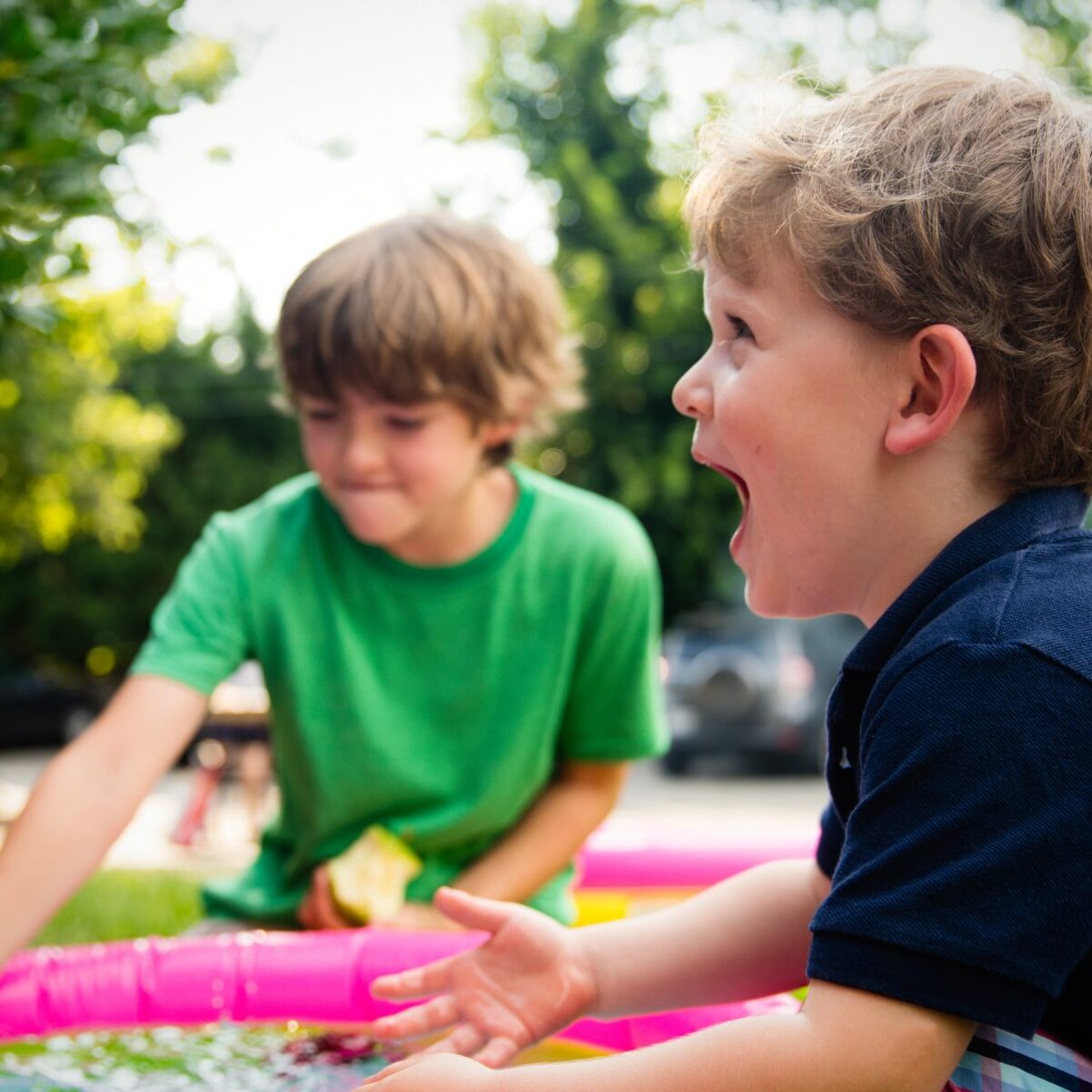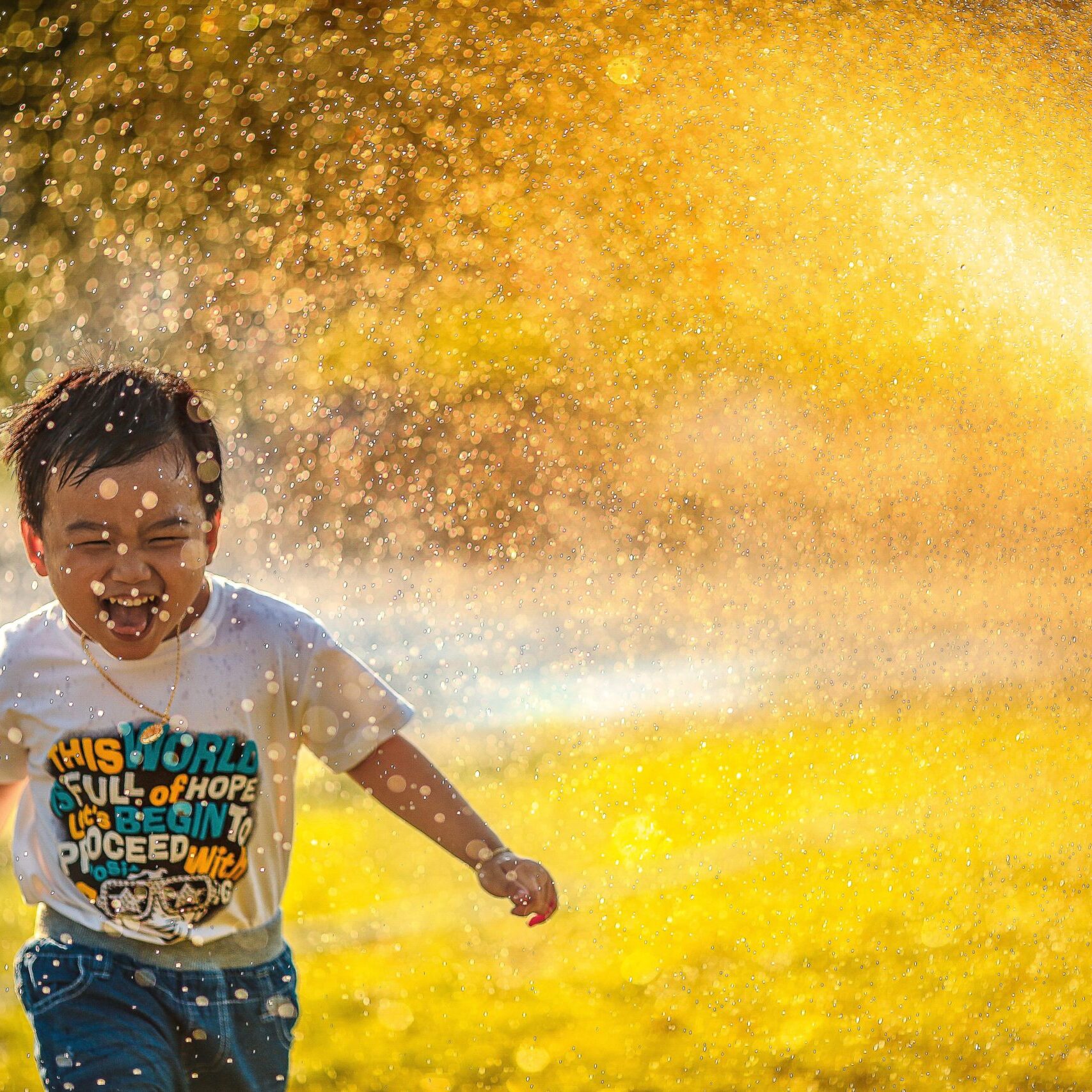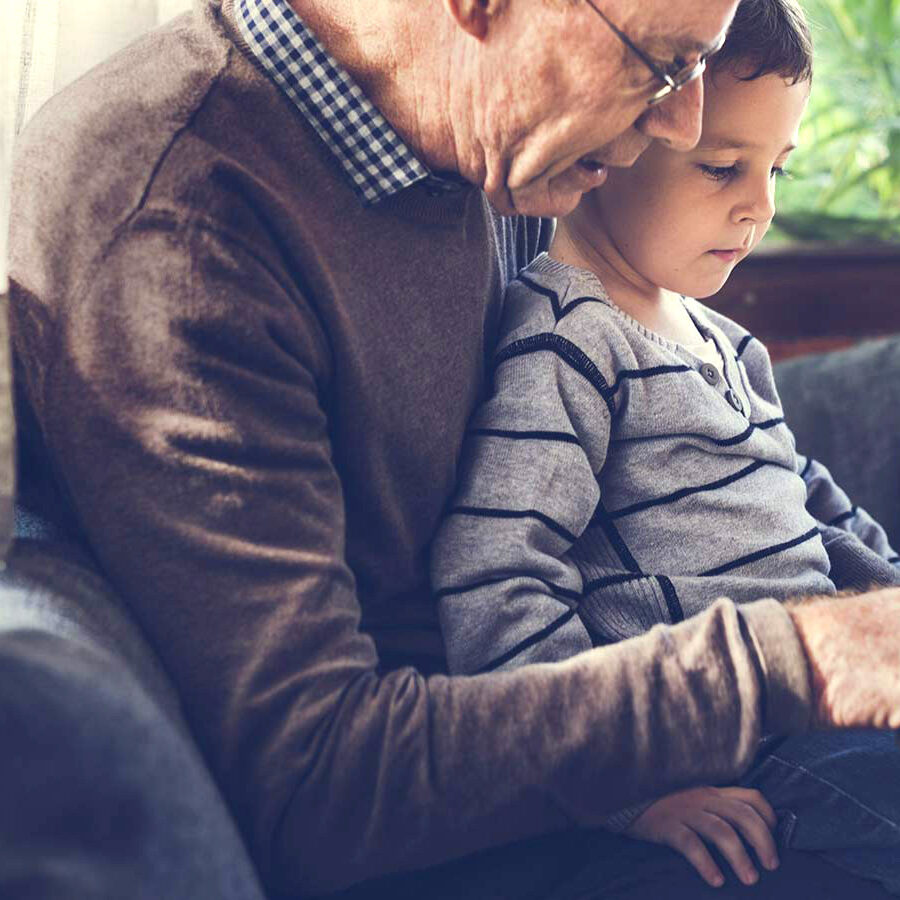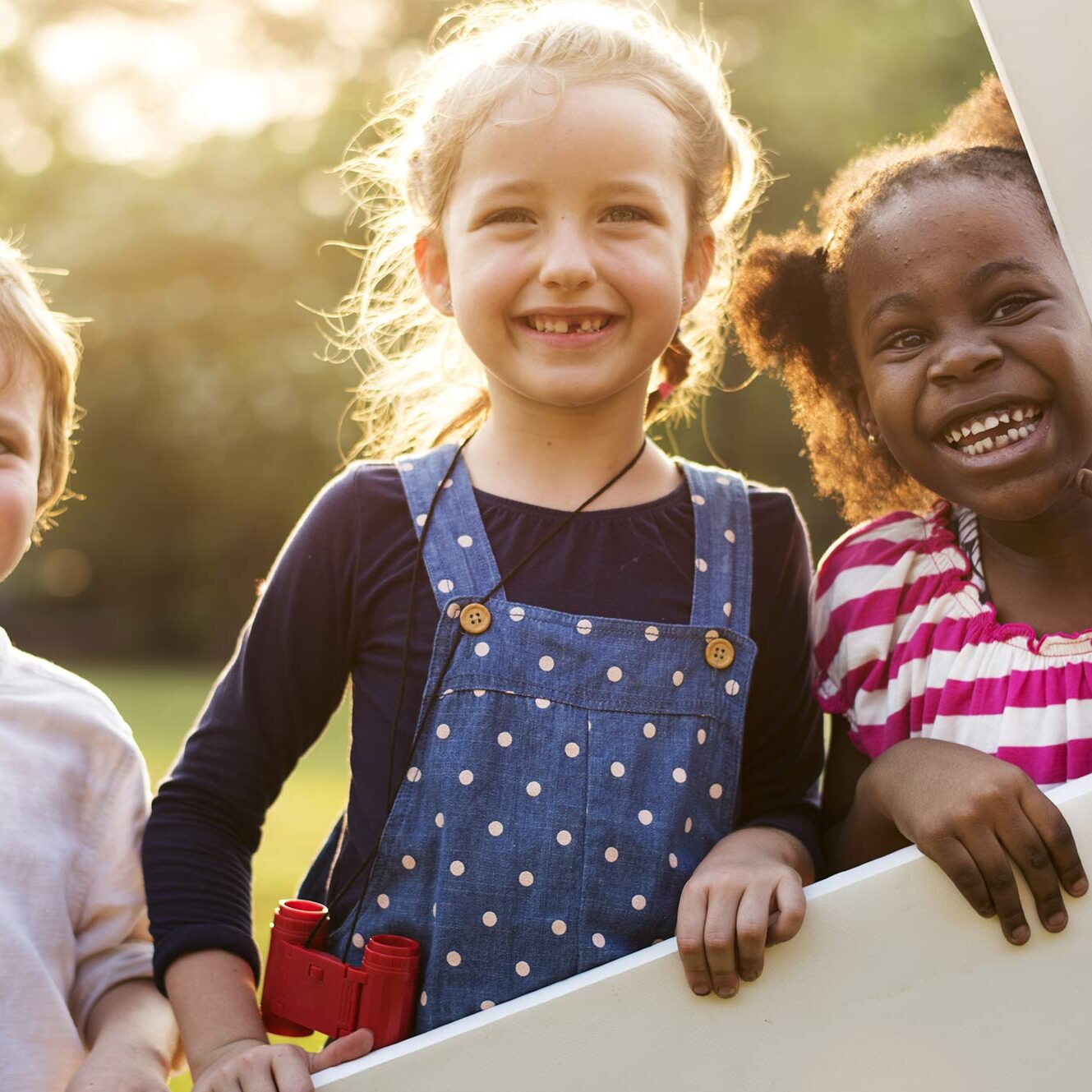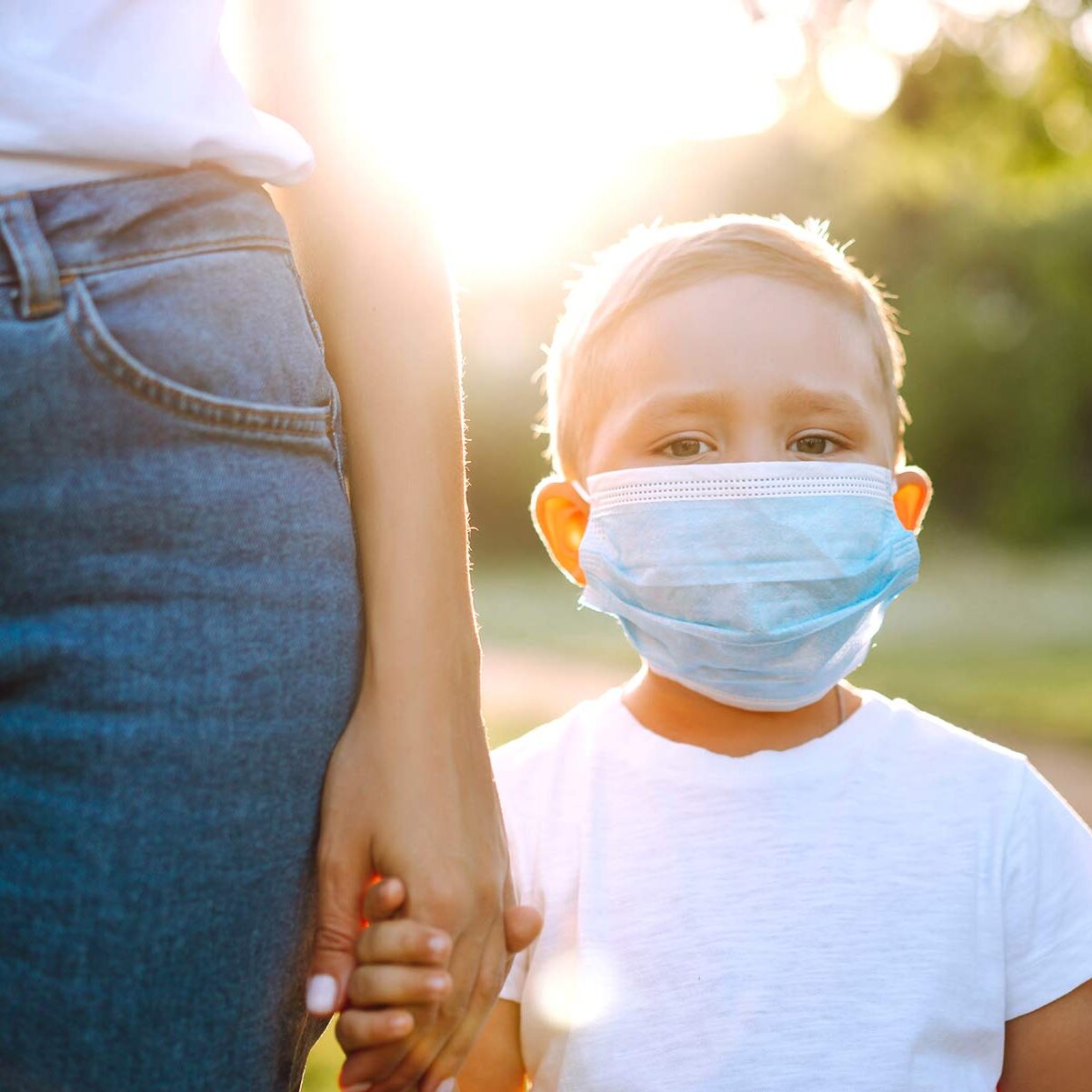
ABOUT THE AUTHOR
Royal Muhammad
OhioKAN Coordinator, Region 6
Royal Muhammad joins Kinnect with over five years of experience serving multisystem youth and families as a care coordinator with the Ohio RISE program. She also has experience working with families in the autism community as a registered behavior technician. Royal earned her Bachelor’s degree from Wright State University and her Master’s in Public Administration from Franklin University. She is passionate about helping others and effecting positive change in her community.
Everyone needs some form of support to help them overcome trauma, challenges, or tough times. According to the CDC (2023), over 1 in 5 youths between the ages of 13 and 18 have experienced debilitating mental illness at some point in their life. This highlights the importance of developing practices to support mental health and well-being throughout the stages of life. We must be creative in how we approach supporting mental health in the various stages of life.
Typically, when people think of mental health support, they imagine being referred to a psychologist, counselor, or someone formally trained in mental health. However, that’s not necessarily what mental health support looks like for everyone. Don’t get me wrong; formal specialists are very important and can help many individuals unpack and work through things they may have thought they never could. However, mental health support can also be informal.
Mental health support involves having connections to places, activities, things and/or people that provide comfort, motivation to keep us going, or make us happy. When considering mental health support for kinship and adoption families, it is just as important for the caregiver to receive mental health support as it is for the youth. After adoption, maintaining mental health can sometimes seem overwhelming due to the transition and adjustment process that both the caregiver and youth must undergo. According to Buka et al. (2022), mental health depends on the access to a healthy environment, which incorporates the caregiver and youth developing positive communication skills, healthy routines, traditions, and social supports. Mental health support can come from a neighbor, their team, a friend, a teacher, a coach, or simply having designated time to engage in an activity they enjoy.
The World Health Organization (2022) explains that mental health prevention and promotion work by identifying contributing factors, intervening to mitigate risks, and building resilience. Mental health prevention and promotion should begin with the caregiver and youth identifying and communicating their mental health needs. Then, they can collaborate as a family to address how to support these needs. After adoption, developing familial support strategies are crucial.
At the family level, caregivers and youth can collaborate to develop strategies for supporting mental health and well-being. These strategies may include:
- Planned activities together
- Positive/ supportive communication
- Developing traditions around holidays/birthdays
- Safety plans
- Creating a daily schedule or routine
- Eating or cooking together
- Attending each other’s important events
- Taking time away from each other
- Creating a family mission statement or vision
- Identifying natural supports to alleviate responsibilities
Individualized mental health support strategies are also vital. The individualized levels give us control of how we decide to support our own mental health. Caregivers and youth may develop mental health support strategies tailored to their specific needs to help them cope with stressors. Strategies to support your individual mental health and well-being may include:
- Participation in an activity, hobby or sport you enjoy
- Creating a diary or writing down your thoughts/feelings
- Setting boundaries
- Seeking support from the individual(s) you feel most comfortable with
- Taking time alone or a break
- Identifying and communicating your needs or feelings
- Learning new coping skills
- Develop personal goals
There are various ways to support your own or someone’s mental wellness, and there is no cookie cutter answer. Sometimes, mental health support means getting access to necessities and resources they’ve never had. It is crucial that we pay close attention to the strengths and needs specific to the individual so that we can truly support them in sustainable mental health strategies. Another important aspect to recognize about mental health is that it’s an ongoing process. A person will have better days than others, but having access to the support they need will help them cope or overcome whatever challenges they may face in their life.
Resources
Buka, S. L., Beers, L. S., Biel, M. G., Counts, N. Z., Hudziak, J., Parade, S. H., Paris, R., Seifer, R., & Drury, S. S. (2022). The Family is the Patient: Promoting Early Childhood Mental Health in Pediatric Care. Pediatrics, 149(Suppl 5), e2021053509L. https://doi.org/10.1542/peds.2021-053509L
CDC (2023, April 25). About Mental Health. Centers for Disease Control and Prevention. Retrieved September 21, 2023, from https://www.cdc.gov/mentalhealth/learn/index.htm
World Health Organization. (2022, July 17). Mental health. World Health Organization. https://www.who.int/en/news-room/fact-sheets/detail/mental-health-strengthening-our-response




